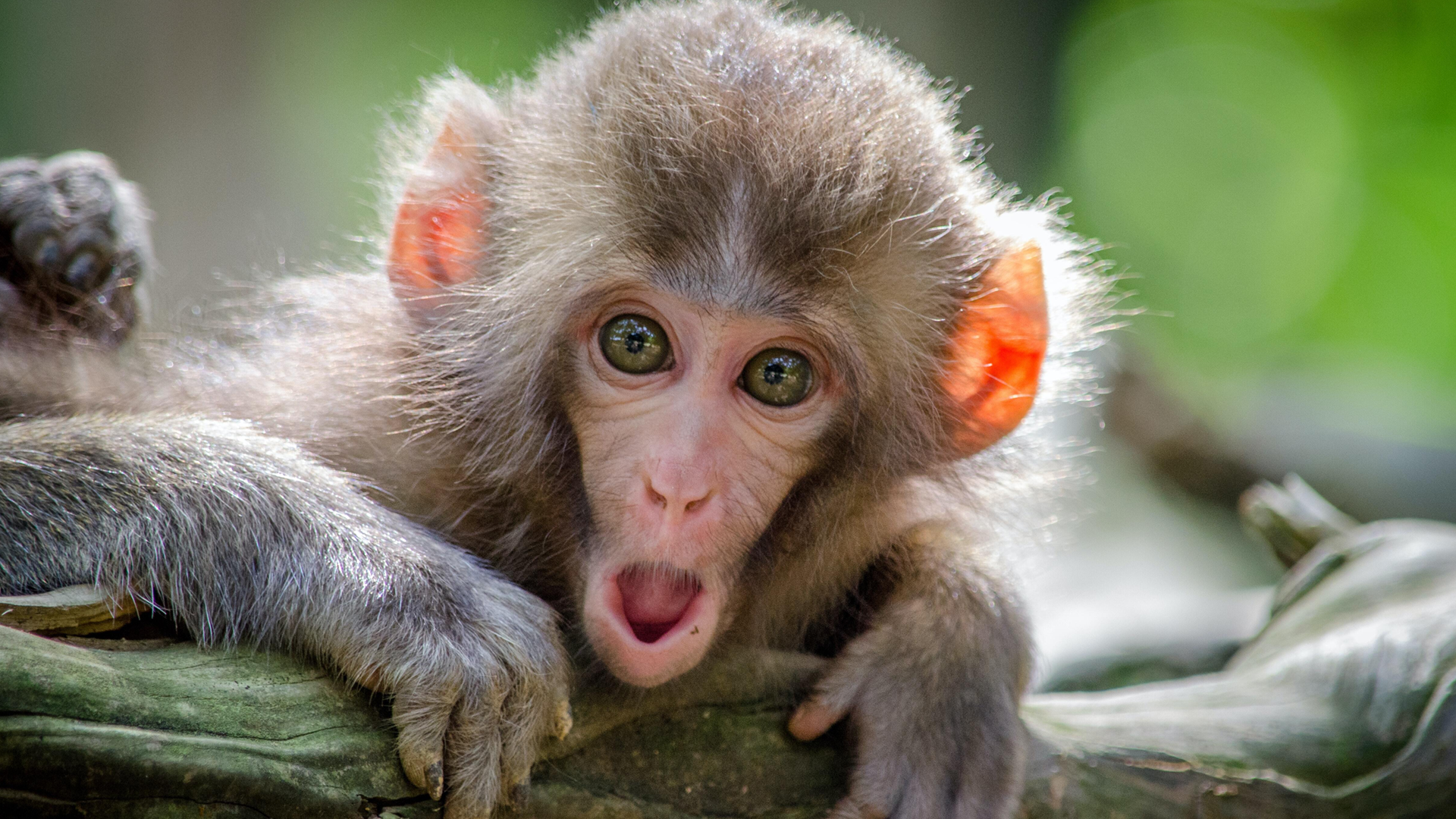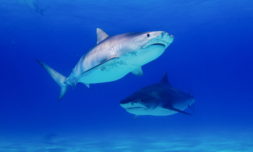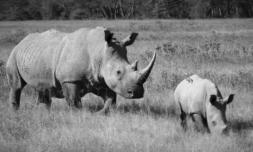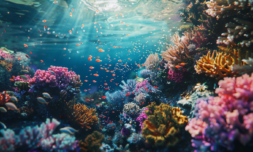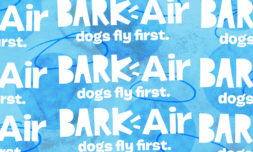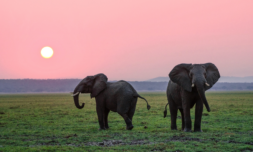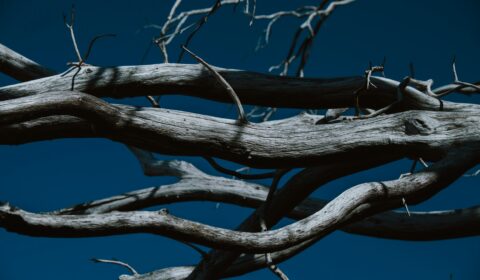Ways animals are adapting
Scientists have observed songbirds laying their eggs up to two weeks earlier, timing the birth of their chicks with the survival-window of their food, which is mainly made up of caterpillars.
This learned behaviour is necessary as insects evolve quickly. As the caterpillar senses changes in its environment – such as warming temperatures – breeding behaviours will be adjusted to optimise its survival.
Eagles are also migrating earlier and turtles have been seen adjusting their routes for nesting and feeding due to altered ocean currents.
Such changed behaviour isn’t always successful. Continued stress on environments has scientists questioning if we’re headed rapidly towards the loss of over half of global species.
This might sound daunting, but mass extinction events aren’t new. They are part of our planet’s nature; our actions are simply speeding up the process.
There have already been five known mass extinctions. In fact, 98 percent of all life that has ever existed on Earth is now extinct because of them.
Of course, you already know this. Dinosaur fossils are proof of species completely wiped out, biological processes restarting, and the evolution of a new animal kingdom emerging.
If we don’t change our behaviours, we could incite another. Acknowledging the extraordinary evolutionary powers of life on Earth though, that’s as terrifying as it is intriguing.
Who knows what the next era will look like?
Protecting the future of the animal kingdom
We don’t have to find out. Plenty of conservation efforts are underway to protect wildlife.
Zoologists’ rich knowledge of the impact animals have on sustaining their ecosystem has helped prioritise the protection of certain species.
The World Wildlife Foundation has spotlighted the protection of ten species based on their importance in the food chain, as well as their crucial role in regulating and sustaining the balance of surrounding biodiversity – as bears, big cats, sharks, and apes do.
By protecting the environments where these top predators live, a knock-on effect is created whereby surrounding animals are also safeguarded.
This list might seem intuitive, however many of these animals became critically endangered through poaching activity before their significance for supporting biodiversity was known.
One landmark success is the restoration of white rhino population. For years it was thought to be extinct, but thanks to the African Wildlife Foundation’s environmental protection efforts, populations are increasing.
Humans have contributed to the decline of species in the past and thanks to zoologists and conservationists, we know it’s possible to restore them.
Read more about the amazing efforts of the world’s biggest conversation projects here.









